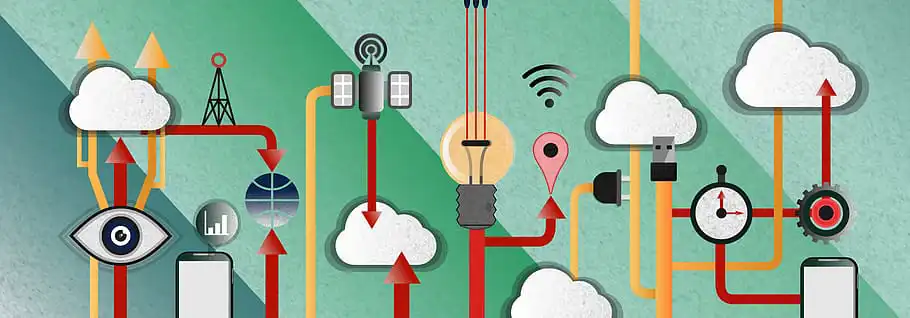Online shopping giant eBay has reached a $59 million settlement with U.S. authorities. This comes after it was discovered that unauthorized sales of pill presses were taking place on the platform. These devices, in some cases, were used to produce counterfeit drugs with lethal consequences.
The settlement was recently announced by the U.S. Department of Justice. eBay agreed to the sum following a federal investigation that exposed these illicit sales. Pill presses are machinery that can be used to create pills and tablets, which are then sold without proper authorization and control.
The counterfeit pills produced using these pill presses have been shown to contain powerful synthetic opioids, including fentanyl. Fentanyl is a dangerously potent substance - up to 100 times stronger than morphine. It has been linked to a rising number of overdoses and deaths throughout the U.S.

Illegally produced pills carrying fentanyl were responsible for the deaths of 46 people across 26 states, between 2016 and 2018. The tragic deaths provided impetus for the authorities to intensify their investigation into the origins of these deadly drugs.
Upon scrutiny, it was discovered that a large number of the pill presses were purchased on eBay. This raised severe concerns about the platform being used as a marketplace for illegal and life-threatening commerce. It also posed questions about how eBay monitored and regulated activities on its website.
The probe revealed the extent of the issue stretching way beyond the borders of the U.S. It was found that the pill presses were shipped to customers not just within the U.S, but also worldwide. The unregulated sale of such devices to a global market highlighted a pivotal point in the case against eBay.
Due to international commerce laws, the shipment of pill presses to other countries adds another layer of complexity to the issue. If these devices end up in countries with less stringent drug laws and poorer regulatory infrastructure, the potential damage from illegal drugs becomes colossal.
As part of the settlement, eBay has admitted to the illicit sales and agreed to enhance its regulatory processes. This includes implementing measures to prevent the sale of pill presses and similar devices on their platform in the future.
Safeguarding initiatives are expected to involve substantial upgrades to eBay’s current filtering algorithms and manual review processes. The objective would be to swiftly identify and prevent the listing and sale of pill presses, pill dies, and similar drug-making machinery.
eBay has also consented to monthly reporting on its efforts to prevent the sale of these devices. These reports are to be submitted to the Department of Justice for the next three years. This commitment to transparency is seen as a key part of ensuring eBay fulfils its obligation.
Aside from these corrective measures, eBay’s settlement also includes a monetary fine. Of the $59 million, $10 million is a civil penalty to the Federal Government. An additional $40 million would go to compensate victims, and $9 million will be set aside for future claims.
This settlement is a major development in the fight against the illegal drug trade. It serves as a reminder that corporations can be held responsible for the misuse of their platforms. This could trigger a renewed focus on control measures for online sales platforms across the industry.
Yet, this case has ignited debate about the responsibilities of online platforms in preventing illicit sales. While eBay undeniably lacked sufficient oversight, questions have also been raised about the extent to which platforms can, and should, control user activity.
It is not the first time that online platforms have been used for illicit activities and it won't be the last. The battle against the illegal drug trade is complex and ever-evolving. The issues of illegal sales on eBay’s platform may just be the tip of the iceberg.
Only time can reveal how effectively eBay’s new regulatory measures prove in halting illegal sales. Moreover, the case may serve as an instructive example for other online sales platforms that could be at risk of similar misuse.
Whatever the broader implications, this moment signifies an important victory in the fight against the deadly opioid crisis in the United States. It sends a message to both individuals and corporations that those disregarding the law would not escape justice.
The fight against unauthorized and dangerous drug sales continues to rage. In an era where online platforms can facilitate illegitimate dealings, closer scrutiny of these marketplaces is required. As seen from eBay’s settlement, non-compliance can have serious consequences.
For victims and their families, the settlement may offer some solace. It represents acknowledgement of the harm caused and the promise of justice served. While it can never replace what was lost, it signifies important steps to prevent further tragedies from happening.
In conclusion, the eBay settlement is a stark reminder of the life-threatening dangers posed by the illicit drug trade. Online platforms, such as eBay, must take appropriate actions to prevent their services from being used in this deadly trade. The consequences of inaction are simply too grave to ignore.